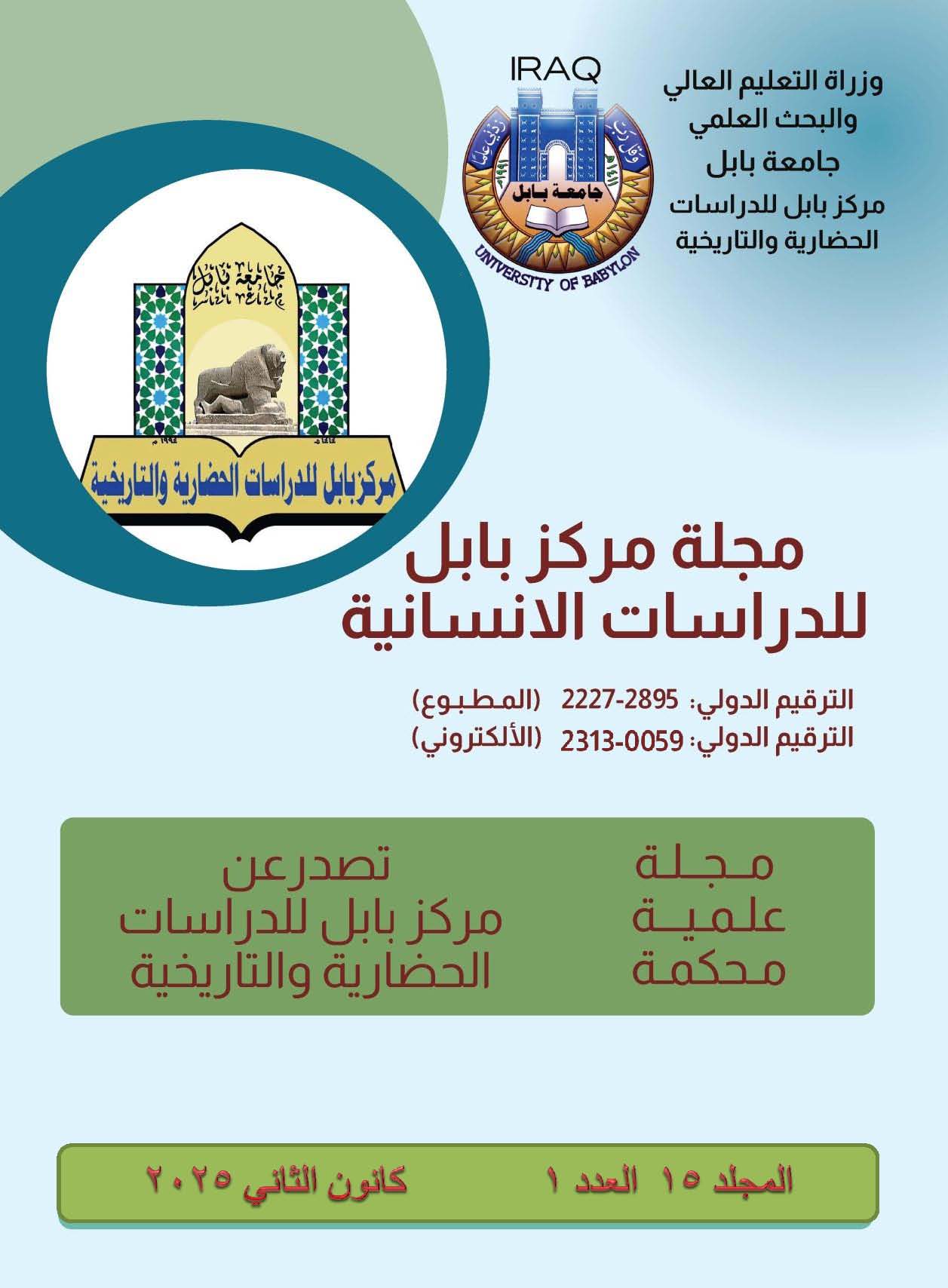The words of the Ten Commandments in the Old Testament A comparative linguistic study between the Semitic languages
Keywords:
The Old Testament - The Book of Exodus - The Ten Commandment - Linguistic Analysis - Permanent Languages.Abstract
In the thirteenth century BC our master Moses peace be upon Mount Sinai received the first heavenly message written on the tablets to be a law for the people of Israel.
The Book of Exodus from the Old Testament included the greatest number of teachings and laws pertaining to the sharia, including the Ten Commandments mentioned in chapter 20 of this book. These commandments included a number of divine commands concerning the individual's religious and moral conduct and a number of prohibitions concerning forbidden taboos Abstain from them according to the teachings of the Sharia.
The Torah rabbis took these commandments with a halo of holiness and reverence for being the basis of Jewish religious law and doctrine.
The Koran mentioned the Ten Commandments in several pictures, despite its copy of the Mosaic Jewish religion. The legislator is one, God Almighty, who has instituted the Ten Commandments in both the Torah and the Holy Quran. These commandments have been followed in both Shariahs in terms of command and prohibition. The difference in time and space, however, they differed in clarity and definition. The Torah law did not resolve the matter with regard to these commandments, since it contained a deficiency surrounded by the thumb and ambiguity, but contradicted the Torah itself in the application of many of them, contrary to the Koran, which settled the matter in these commandments with everything In which it was legislated.
Therefore, we will study the ten commandments in the Torah, an analytical linguistic study that includes interpretation and clarification of meanings, comparing them with what is stated in the Holy Quran, a mention of these commandments to indicate the place of deficiency on the one hand. It was mentioned in the Jewish Bible (Old Testament).







